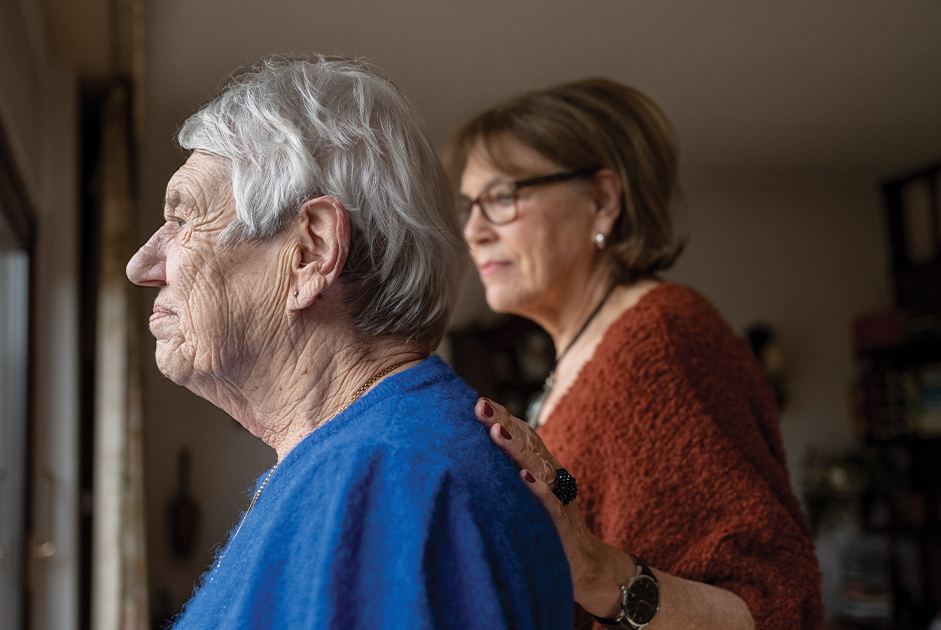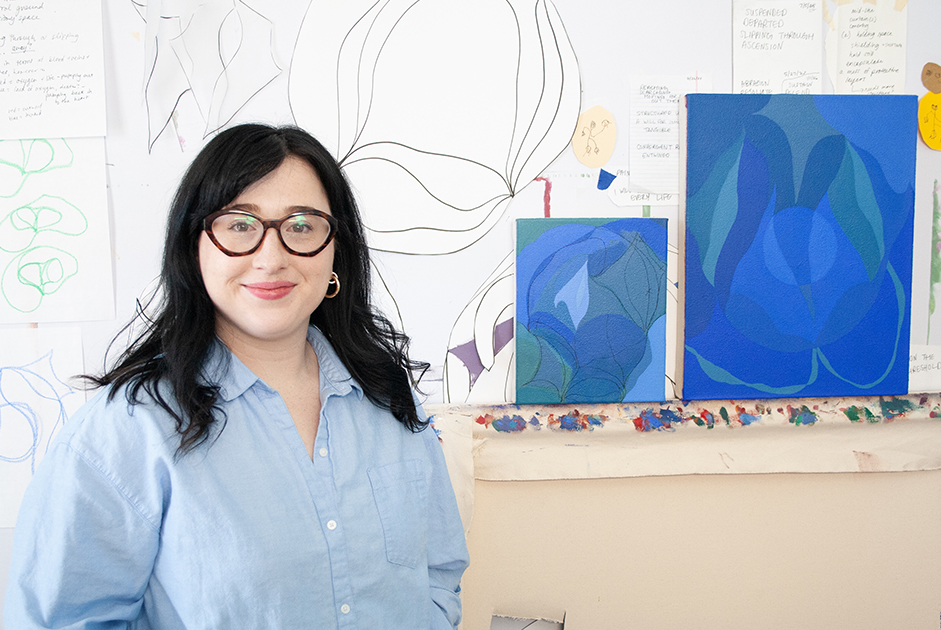I will be blunt – taking on the role of caregiver will change you and your life in ways you’ve never imagined, so please cut yourself some necessary slack as you open the doors to this new chapter. The journey you embark on with your loved one is deeply personal and intertwined with the entire story of your relationship. It’s little wonder that you often feel like you are riding on a one-person emotional roller coaster – because you are. At the same time, your unique journey has several stages or phases that can be anticipated. By understanding that your experience is completely normal, you can better face the challenges ahead.
Many caregivers experience a version of this personal journey that includes:
Anticipation and Confusion
Caregiving begins when a loved one experiences a significant health “event” or is diagnosed with a serious, perhaps, chronic condition. One day things are “normal” with life’s usual ups and downs, and the next, just like that, your world as you know it is upended. You are inundated with information that is mostly foreign to you and is coming at you at rocket speed. You’re feeling out of control as healthcare professionals bombard you with calls and chart notices about appointments, test results and follow-up prompts. You may also be worried about advance planning that was never done. You have mixed emotions ranging from anxiety and fear to a sense of dutiful determination.
What to do for you:
Gather information, seek advice and, right from the start, begin to create a support network.
Realization and Adjustment
As reality sets in, you are now aware of the magnitude of what you’ve taken on. You often feel anxious about navigating a role, a healthcare system and the specifics of your loved one’s needs. New responsibilities and routines are being set into place. Well, as much as they can be. If you are accustomed to feeling competent and in control, you are now out of your comfort zone. You are also keenly aware that the other relationships in your life are changing based on your new responsibilities.
What to do for you:
Focus on self-care and set realistic expectations which will allow you to hang in there.
Exhaustion and Frustration
Deep in the quiet places of your being, you recognize that you feel conflicted about being a caregiver. You may also feel frustrated because you need the help and support of other family members, friends and, possibly, neighbors. With everything that is coming at you, you also realize that developing a sense of “partnership” with your loved one’s healthcare team is critical to supporting you in your caregiver role.
What to do for you:
Recognize the signs of burnout, prioritize self-care, set boundaries and practice stress management.
Connection and Advocacy
You feel very connected to your loved one’s journey. You realize that you’ve learned a lot about their specific needs, and you have taken the reins by advocating for them. Research suggests that, when this occurs, you begin to experience “caregiver gain” which means that you feel better about yourself in the caregiver role. I can personally attest that this reward is priceless! You may also find yourself backing off in appropriate ways as your loved one improves.
What to do for you:
Continue to build open communication and trust with your loved one; be assertive when advocating for care – you will feel empowered!
Transition and Acceptance
Your loved one may improve to the point where you are no longer needed as their caregiver. Or, they may pass away. In either case, this change for them is also a significant change for you. Many caregivers experience a mix of feelings including relief, a sense of “lost purpose” or grief. Shift to a “future focus” and begin to plan ahead, beyond your caregiving chapter.
What to do for you:
Allow yourself to “feel what you feel.” Shift your focus to self-renewal and reach out to other caregivers who will understand the mix of feelings you are experiencing. Shift to a future focus as you revisit your sense of identity and begin to plan ahead for when your caregiving chapter ends.
Trust yourself. Lean into it, reach out to others and take care. I wish you my very best.




















